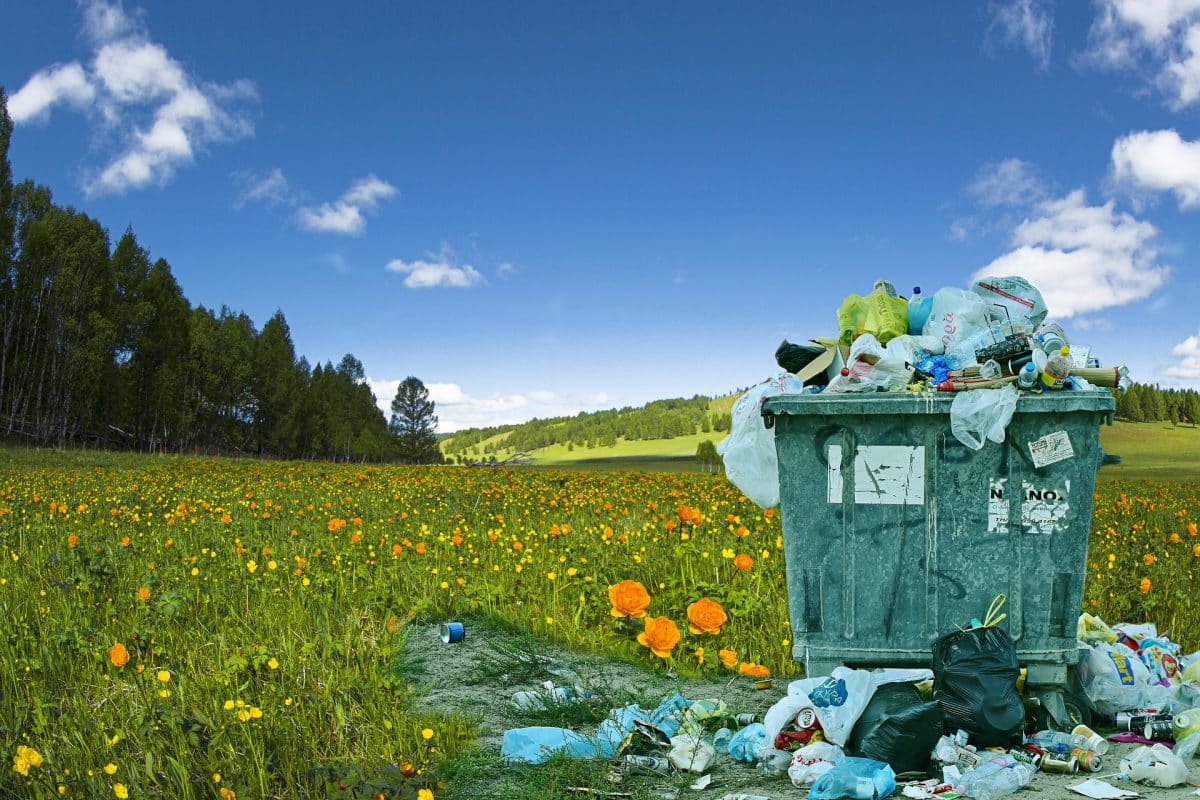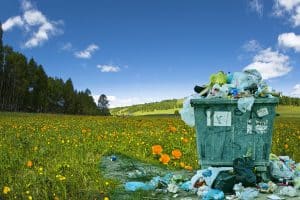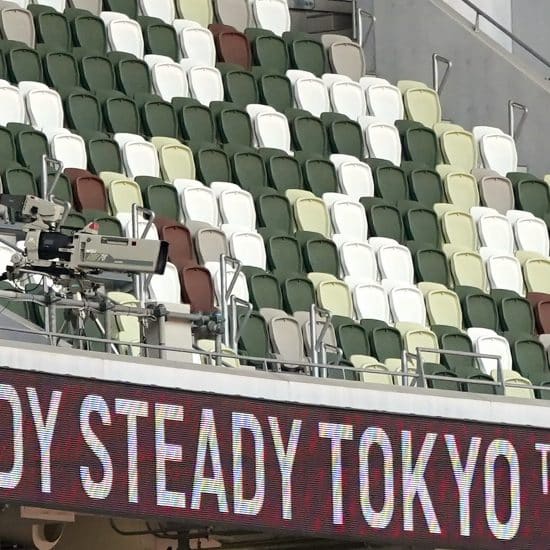
“Recycle, reduce, reuse and close the loop, we can close the loop” is a ditty many children learn, but closing the loop is more complicated than taking everything with a recycling symbol to a recycling center.
While an increasing number of products bear a recycling symbol, once consumers use the item and place the container into a recycling bin, it often ends up in a landfill or is incinerated, according to a Greenpeace report published Feb. 18.

Image by Pete Linforth from Pixabay
With few exceptions, only products bearing the numbers 1 or 2 inside the triangle recycling mark are currently being recycled in the U.S.
Even then, some of these items with specific features, such as the plastic shrink wrap label found on most plastic drink containers, cannot be recycled.
“Plastics #3-7 have negligible-to-negative value and are effectively a category of products that municipal recycling programs may collect, but do not actually recycle,” the report said. “Plastics #3-7 waste collected in municipal systems across the country is being sent to landfills or incinerated.”
Examples of number 3 through 7 plastics include yogurt, cheese and fruit containers, plastic shopping bags, coffee pods, plastic cutlery, as well as many single-use snack food containers.
When such items are not disposed of in the U.S., they are shipped overseas without a verified recycling process in place.
This results in a “flood” of waste and causes both negative environmental and public health impacts, as a May 2019 report by Gaia highlighted.
U.S. consumers can only be confident about their efforts to “close the loop” when they send PET no. 1 and HDPE no. 2 recyclable items to U.S. facilities for processing, the Greenpeace report said.
Products bearing any other recycling number, which are sent either to U.S. facilities or to other nations, are, most likely, being placed into official landfills with other waste material, disposed of by incineration or sent to poorer parts of a country where they become garbage heaps in unofficial landfills.
Greenpeace warned that an over-reliance on recycling is not a workable solution to sufficiently address the negative environmental impacts of our current consumption choices and levels.
“Most types of plastic packaging are economically impossible to recycle now and will remain so in the foreseeable future,” the report said. “We cannot recycle or compost our way out of the growing plastic pollution problem.”
To effectively address the situation, governments, businesses and consumers must work together to reduce reliance on single-use plastics and items that cannot easily be recycled or reused, and to increase the amount of reusable packaging and package-free options.
The full report is available here.
This article originally appeared on EthicsDaily.com.
See also:






